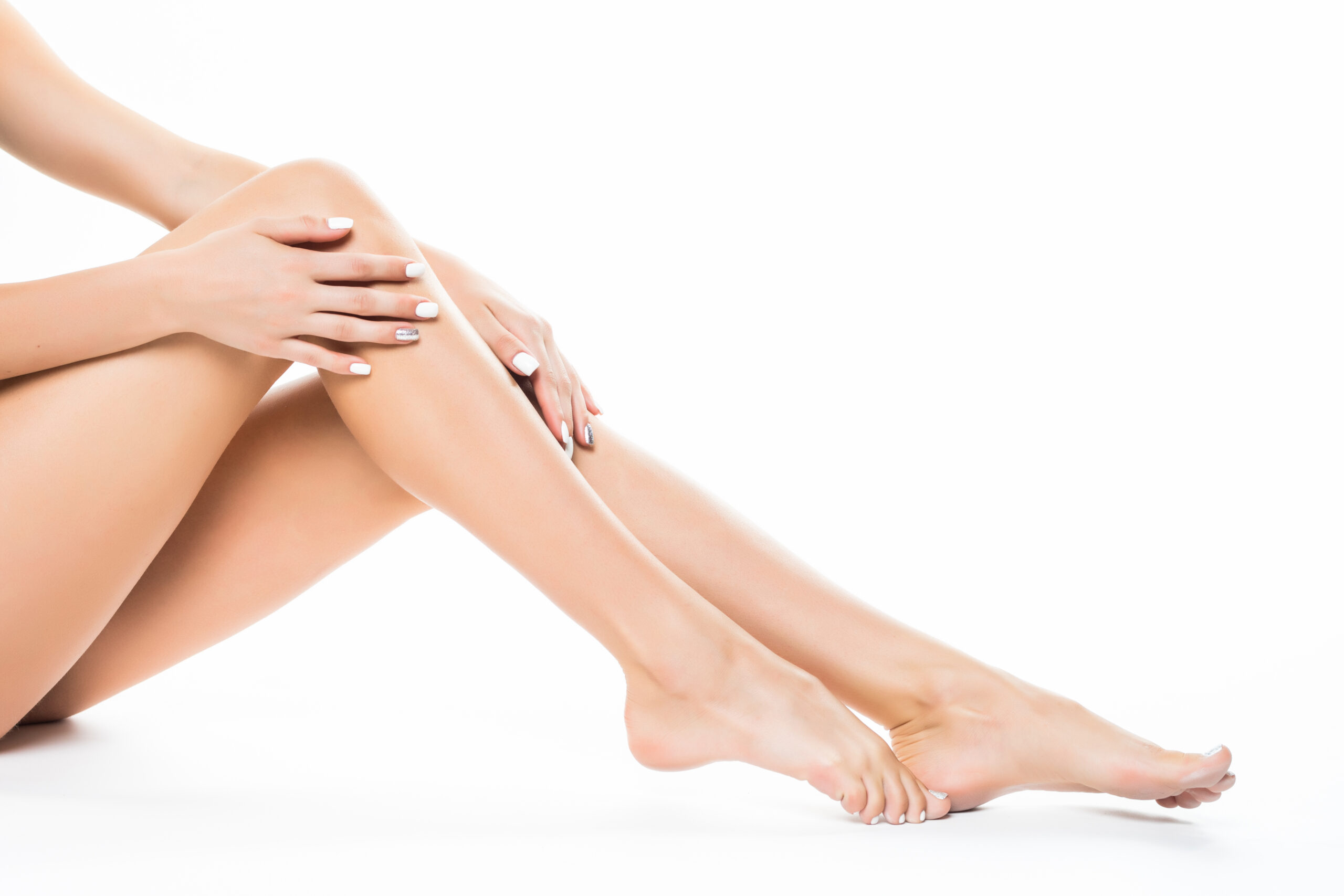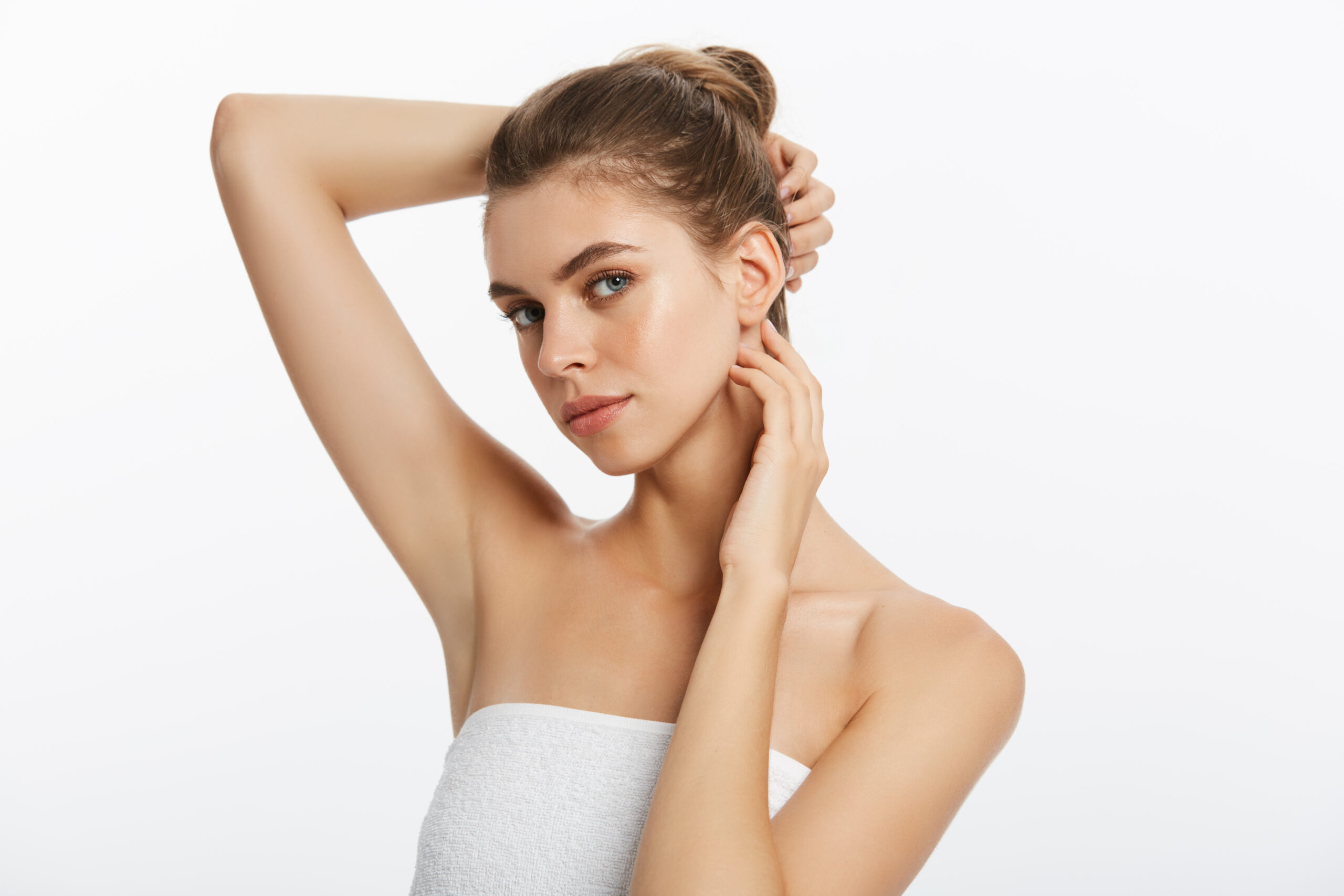Back To Top
Browse
For women, excessive hair growth in unwanted areas is a fairly common condition. It can happen for a variety of reasons including medication side effects, hormonal imbalances, or certain conditions such as Polycystic Ovarian Syndrome. For many people this can have significant effects on their self-esteem. Luckily, there are many ways that you can remove hair and reduce hair growth in unwanted areas.
Hair removal medications are usually topical, meaning you can apply it to areas you want to target. They are used to slow down or decrease hair growing in unwanted places. People can choose to remove hair in a variety of ways such as shaving or waxing, but medicine to stop unwanted hair growth are particularly helpful in the case of a condition called hirsutism.
Hirsutism is attributed to problems with hormonal regulation, certain conditions such as Polycystic Ovarian Syndrome (PCOS), and side effects of medication such as Danozol which is used to treat endometriosis. With hirsutism, women may notice excessive hair growing on the face, breasts, or lower abdomen.
 Hair removal medications work by slowing down hair growth by applying it to areas with unwanted hair so you can target the hair follicles located there. The most common hair removal medication is called Eflornithine cream, more commonly sold as Vaniqa. Vaniqa works by blocking ornithine decarboxylase which is an enzyme involved in hair production in the hair follicles. By trying to hold back the action of ornithine decarboxylase, Vaniqa can help decrease the growth of hair in target places and also make the hair thinner and therefore less visible over time.
Hair removal medications work by slowing down hair growth by applying it to areas with unwanted hair so you can target the hair follicles located there. The most common hair removal medication is called Eflornithine cream, more commonly sold as Vaniqa. Vaniqa works by blocking ornithine decarboxylase which is an enzyme involved in hair production in the hair follicles. By trying to hold back the action of ornithine decarboxylase, Vaniqa can help decrease the growth of hair in target places and also make the hair thinner and therefore less visible over time.
There are several benefits to using hair removal medication:
The most widely available hair removal medicine is Eflornithine cream (commercially known as Vaniqa). This is particularly helpful for curbing excessive hair growth in unwanted places such as the face. You apply Vaniqa two times a day to areas that you want to target and over time you should notice results.
Please note that it can often take a few weeks before you start to notice a difference. You can use Vaniqa medical hair removal cream alongside other short-term methods such as shaving or waxing while you wait for the medication to take effect.
As everyone’s experiences with hair growth are different, there are several factors to think about when you are picking a hair removal product: what part of the body is the unwanted hair in? How much hair is growing there? What kind of product and maintenance works best for you?
With that in mind, here are some tips to help you choose the right hair removal product for you:
Although hair removal medications are generally quite safe, it is still important to be aware of how to use them safely. Here are some tips:
 Some people experience excessive or unwanted hair growth due to hormonal imbalances, genetics or conditions such as polycystic ovary syndrome (PCOS). In these cases, using medication to stop unwanted hair growth can be a safe and effective option when cosmetic hair removal methods are not enough.
Some people experience excessive or unwanted hair growth due to hormonal imbalances, genetics or conditions such as polycystic ovary syndrome (PCOS). In these cases, using medication to stop unwanted hair growth can be a safe and effective option when cosmetic hair removal methods are not enough.
The most commonly used medicine to stop unwanted hair growth is eflornithine hydrochloride cream. This medical hair removal cream does not remove existing hair but works by slowing down new hair growth at the root, making hair appear finer, lighter and less noticeable over time. Results are usually seen after 6–8 weeks of regular use.
In some cases, doctors may also prescribe hormonal tablets, such as anti-androgens or contraceptive pills, to reduce excessive hair growth from within the body. These treatments are particularly helpful when unwanted hair is caused by high levels of androgens.
Most hair removal medication is safe when used as directed, but like all medical treatments, it may cause side effects in some people. Common reactions to medical hair removal cream include mild redness, tingling, dryness or temporary skin irritation. These usually improve with regular use and application of moisturiser.
However, medication for hair removal is not suitable for everyone. You should avoid or seek medical advice before use if:
If any severe itching, burning, swelling or rash occurs after applying hair removal medicine, stop using it and consult a healthcare professional.
Medical hair removal cream such as eflornithine slows down hair growth by blocking the enzyme needed for hair production. It doesn’t remove existing hair, but with regular use, new hair grows back finer and slower.
Laser and waxing physically remove hair, while hair removal medication reduces how fast it grows back. For best results, many people combine both methods—using a medical hair removal cream to slow regrowth between laser or waxing sessions.
Most users only experience mild redness or dryness. However, some people may have tingling, irritation or a skin rash. If irritation continues, stop using the medicine to stop unwanted hair growth and speak to a healthcare professional.
There is no true permanent hair removal medicine that removes hair forever. However, prescription creams and hormonal treatments can slow growth significantly. Laser and electrolysis provide the most long-lasting reduction.
Women with PCOS may benefit from hair removal medicine, hormonal tablets (such as anti-androgens), or medication to stop unwanted hair growth like eflornithine. These are often combined with laser or waxing for better cosmetic results.
Yes. Many people use hair removal medication together with waxing, shaving or laser. Creams help reduce new hair between sessions, making the skin stay smoother for longer.
| Cookie | Duration | Description |
|---|---|---|
| cookielawinfo-checkbox-analytics | 11 months | This cookie is set by GDPR Cookie Consent plugin. The cookie is used to store the user consent for the cookies in the category "Analytics". |
| cookielawinfo-checkbox-functional | 11 months | The cookie is set by GDPR cookie consent to record the user consent for the cookies in the category "Functional". |
| cookielawinfo-checkbox-necessary | 11 months | This cookie is set by GDPR Cookie Consent plugin. The cookies is used to store the user consent for the cookies in the category "Necessary". |
| cookielawinfo-checkbox-others | 11 months | This cookie is set by GDPR Cookie Consent plugin. The cookie is used to store the user consent for the cookies in the category "Other. |
| cookielawinfo-checkbox-performance | 11 months | This cookie is set by GDPR Cookie Consent plugin. The cookie is used to store the user consent for the cookies in the category "Performance". |
| viewed_cookie_policy | 11 months | The cookie is set by the GDPR Cookie Consent plugin and is used to store whether or not user has consented to the use of cookies. It does not store any personal data. |